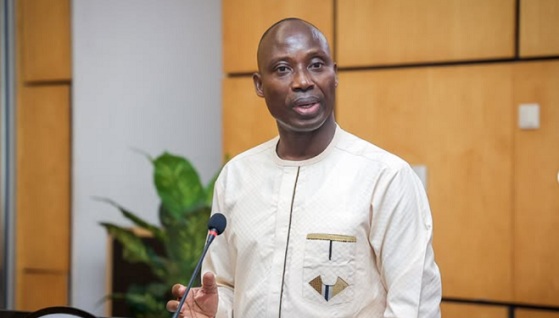Ghana’s inflation slowed for a fifth month in a row in May, to 18.4% year on year from 21.2% in April, the Ghana Statistical Service (GSS) has announced.
The Ghana Statistical Service attributed the sharp decline to lower transport fares, a direct result of falling fuel prices, and easing pressures in the non-food inflation basket. It is the lowest inflation rate recorded since February 2022, suggesting growing stability in consumer prices after a prolonged period of economic turbulence.
Addressing journalists in Accra, the Government Statistician Dr Alhassan Iddrisu said: “The reduction in fuel prices at the pumps, and the subsequent reduction in transport fares contributed the highest to the May inflation.” He noted that non-food inflation had also dropped sharply, pointing to broader relief across multiple sectors of the economy.
"The inflation trend we are witnessing shows sustained deceleration," Dr Iddrisu said. “Food remains a key inflation driver, but the sharper drop in non-food inflation suggests a broad-based easing of inflation across the economy.”
The current slowdown in inflation is being linked to a combination of tighter monetary and fiscal measures, relative exchange rate stability, and improved external price conditions. "This trend underscores the effectiveness of recent monetary and fiscal measures, the recent appreciation of the Cedi against the major international currencies, favourable external price dynamics and positive market sentiment,” Dr Iddrisu added.
The Producer Price Inflation (PPI), another key metric of pricing pressure, also showed a significant deceleration—slowing to 18.5 per cent in April from 24.4 per cent in March. The figures point to continued softening of price pressures at the factory gate, offering some relief to manufacturers and consumers alike.
Despite the improvement, inflation remains more than double the Bank of Ghana’s medium-term target of 8 per cent, with a tolerance band of plus or minus 2 percentage points. The central bank has maintained a cautious stance in its monetary policy to anchor inflation expectations.
LatexFoamPromo
The country is gradually recovering from economic challenges stemming from currency volatility, global commodity price shocks, and disruptions in key export sectors, including cocoa and gold.





